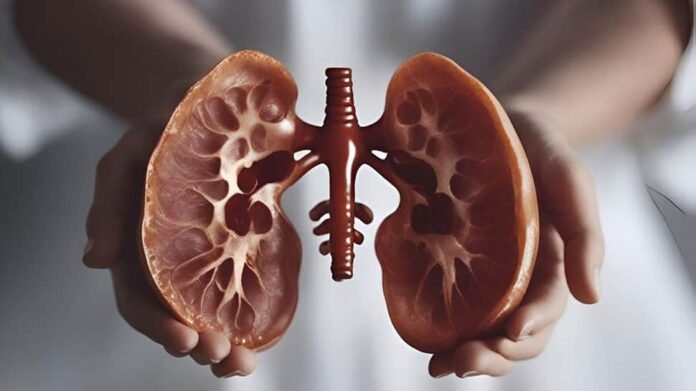Kidney Cancer: Silent but Treatable
Kidney cancer often starts without warning. One key sign is blood in the urine, but people may ignore it. Sometimes, it’s just high blood pressure that doesn’t respond to medicine. Many people find out they have kidney cancer by accident—during a CT scan or ultrasound done for another reason. There’s talk about probiotics harming the kidney when taken in excess, but we don’t have enough evidence yet. What’s proven? Smoking, obesity, long-term high BP, and years of dialysis are major risk factors. If detected early, doctors can do a laparoscopic partial nephrectomy, where only the tumor is removed, and the rest of the kidney is saved. This is minimally invasive and helps preserve kidney function. Dr Amit Saple (Senior Consultant Urologist, Transplant Surgeon & Executive Director) talks about Kidney, Bladder and Prostrate cancers – vital information which people should know of.
If found late, we may need to remove the full kidney—called laparoscopic radical nephrectomy. These surgeries today are often done using advanced laparoscopic or robotic techniques, offering quicker recovery, less pain, and better outcomes.
Bladder Cancer: Don’t Ignore Blood in Urine
The most common symptom of bladder cancer is painless blood in urine. It’s more common in smokers and those exposed to harmful workplace chemicals. Doctors diagnose it using cystoscopy and urine tests.
If caught early, the tumor can be removed with a simple Endoscopy procedure (TURBT – Transurethral Resection of Bladder Tumor). In some cases, advanced bladder-sparing procedures and robot-assisted surgeries can treat the cancer while preserving the bladder.
In advanced cases, treatment may involve chemotherapy, immunotherapy, or full bladder removal.
Prostate Cancer: The Common Male Cancer
Prostate cancer is now one of the most common cancers in Indian men over 50. Often, it grows slowly without symptoms, which is why regular PSA blood tests are important.
If found early, options include active surveillance, surgery, or radiation. Laparoscopy or Robotic-assisted prostatectomy are modern surgical techniques that offers precision, fewer complications, and faster healing.
Even advanced cases can be managed well with hormonal therapy and targeted treatments.
The Real Message: Early Detection Saves Lives
Don’t ignore symptoms like blood in urine, high blood pressure, or unexplained body changes. Today’s laparoscopic and robotic surgeries have made treatment safer, organ-saving, and more effective.
Early action can save your life and protect your quality of life. Don’t wait. Get checked.


